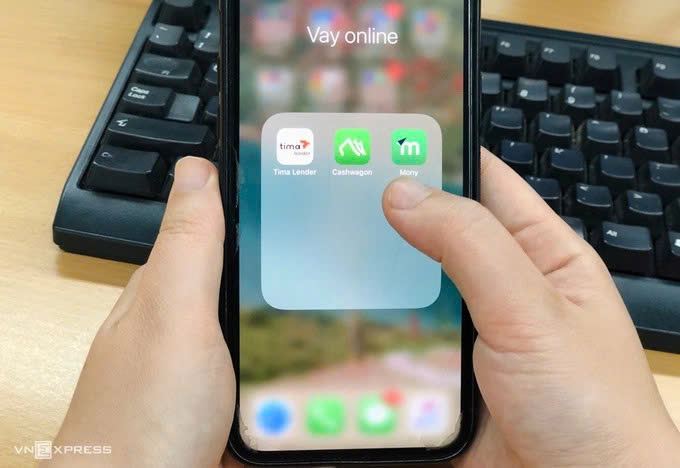The State Bank of Vietnam (SBV) has issued two decisions to create a controlled testing environment for peer-to-peer (P2P) lending, as stipulated in Government Decree 94.
P2P lending connects borrowers and lenders directly through an online platform, bypassing traditional financial intermediaries like banks.
Specifically, the maximum outstanding loan balance for a single customer at one P2P lending platform is 100 million VND. The total outstanding balance for a customer across all P2P lending solutions participating in the controlled testing mechanism is 400 million VND.
According to the SBV, this regulation ensures consistent risk management principles, suitable for the pilot phase. This limit also aims to minimize financial losses for both lenders and borrowers, contributing to financial system stability.
The SBV also issued a decision guiding P2P lending companies on connecting, reporting, and verifying credit information with the Vietnam Credit Information Center (CIC). Participating in the credit information system will help P2P lending companies manage customer debt, gain more borrower information, and improve loan quality.
The SBV expressed its willingness to collaborate with financial technology (fintech) organizations, promoting innovation and financial inclusion in Vietnam's banking sector while ensuring risk control.
 |
Several loan applications in Vietnam. Photo: Quynh Trang. |
Several loan applications in Vietnam. Photo: Quynh Trang.
In early May, the Government issued Decree 94 on 29/4 regarding the controlled testing (sandbox) mechanism for fintech solutions in banking.
Accordingly, starting 1/7, P2P lending, credit scoring, and data sharing through open application programming interfaces will be tested for two years.
P2P lending trials will be licensed for two years but will not apply to foreign banks.
Vietnam currently has around 100 companies operating in P2P lending, many with foreign investment. The SBV previously assessed that some agreements between parties involved in P2P lending models lacked transparency and oversight mechanisms for loan usage and management, potentially leading to disputes. Establishing principles and regulations for controlled testing of P2P fintech lending is therefore necessary.
Quynh Trang












